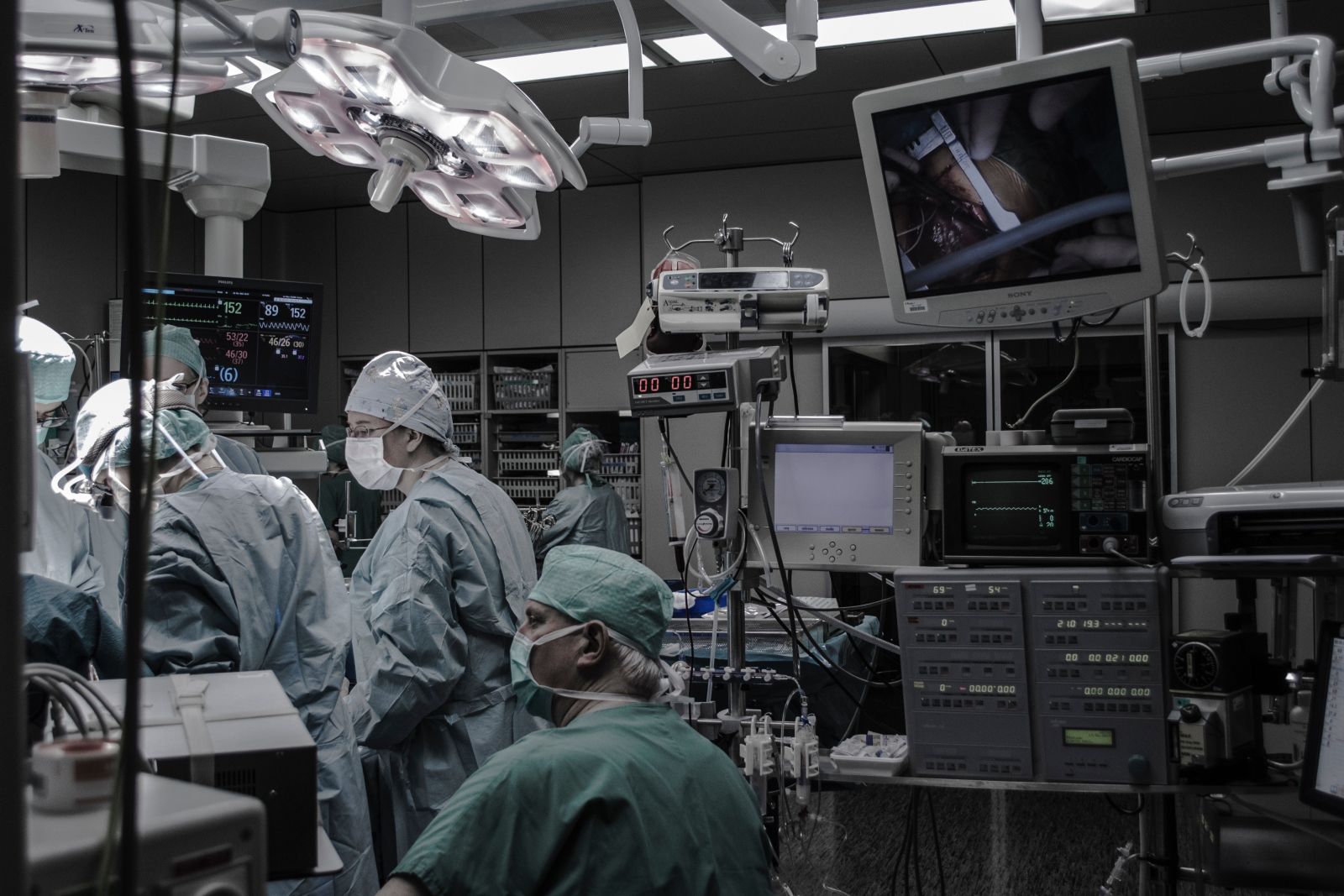DOCTORS and nurses know first-hand what works and what doesn’t in hospitals and clinics. Along with life scientists, engineers and IT experts, they are well placed to dream up innovative devices, software or services that could improve patient care.

But insight is not enough. To make a real difference, these professionals need to know how to bring an invention to market – how to attract investment, make a working model, test it, make it viable, prove it works, prove it can save lives and money, find a buyer and market it to others.
Of course, most people can’t do this. Not only is the healthcare sector bound by red tape and notoriously slow at implementing new technology but entrepreneurial skills are understandably not part of the typical medical or life science degree.
However, all that is changing. Digital health is booming and with it the demand for healthcare entrepreneurs. Harvard and Kellogg School of Management are among the top-ranked business schools in the United States either offering health enterprise programmes or incorporating them into MBAs.
Now the life science centres are getting involved too. This September, Swansea University's award-winning Institute of Life Science in Wales will launch an MSc in Life Science and Healthcare Enterprise and an MRes in Life Science and Healthcare Enterprise.
“We need to be much more innovative in the healthcare sector,” said programme director Professor Marc Clement. “We have major global challenges: an ageing population, heart disease, cancer, antibiotic resistance. “There is a great need for world-class science but there is also a desperate need for business leaders and entrepreneurs with knowledge of health regulation and policy, who can take the science and drive it through to the marketplace.”
The courses are open to anyone with an interest in life science, including medics, engineers, computer scientists and business students. Students on the MSc will study five core modules that introduce them to commercialization in healthcare and address the strict regulation, standards and liability issues that prove such a stumbling block to entrepreneurship in the sector. Then students can choose to focus on one of five areas: medical manufacturing, medical technology, regenerative and reconstructive medicine, informatics and healthcare management. Finally,, students will produce a thesis related to their specialist area.
The MREs shares the same approach and ethos but includes an eight-month research project. Both courses have been developed in partnership with pharmaceutical and med-tech companies and seek to immerse students in the open multidisciplinary culture they will encounter whether they strike out on their own or effect change within their organisations.
Professor Clement said: “The healthcare sector needs not just entrepreneurs but intrapreneurs – people who can drive innovation and turn creative ideas into profitable ventures not just by going it alone with start-ups but as employees within small and large organisations.”
Doctors Jonathan Bloor and Jonathon Shaw founded UK software company DocCom seven years ago with a vision to improve staff communication in hospitals.
Appalled that healthcare workers were still relying on faxes, bleepers and bits of paper to communicate with each other, they took inspiration from Facebook and smartphone technology to build a secure cloud-based mobile networking service called Careflow. It is designed to improve patient care by enabling busy frontline healthcare staff to connect on the move, sharing everything from lab results to discharge notifications and rota gap alerts.
After seven years of pitching to the healthcare sector, Careflow is beginning to get a foothold, but it is a tough ongoing process, said Dr Bloor:
“Healthcare is a risk-averse industry for obvious reasons and has its own language and culture. In the UK, it takes an average of 17 years for a proven healthcare innovation to reach patients. That’s not good for business and it’s not good for society. Things are changing rapidly, however. Digital health or ‘e-health' barely existed as concepts when we were starting out but now they are buzzwords that everyone understands.
In the past, medical students who took a break from their studies to attain a related degree might study biochemistry or anatomy, but now they are just as likely to do an MBA in order to get a competitive advantage.
I think we are going to see a lot more healthcare enterprise courses in the future.”
For more information on Swansea University and their courses head to their profile.